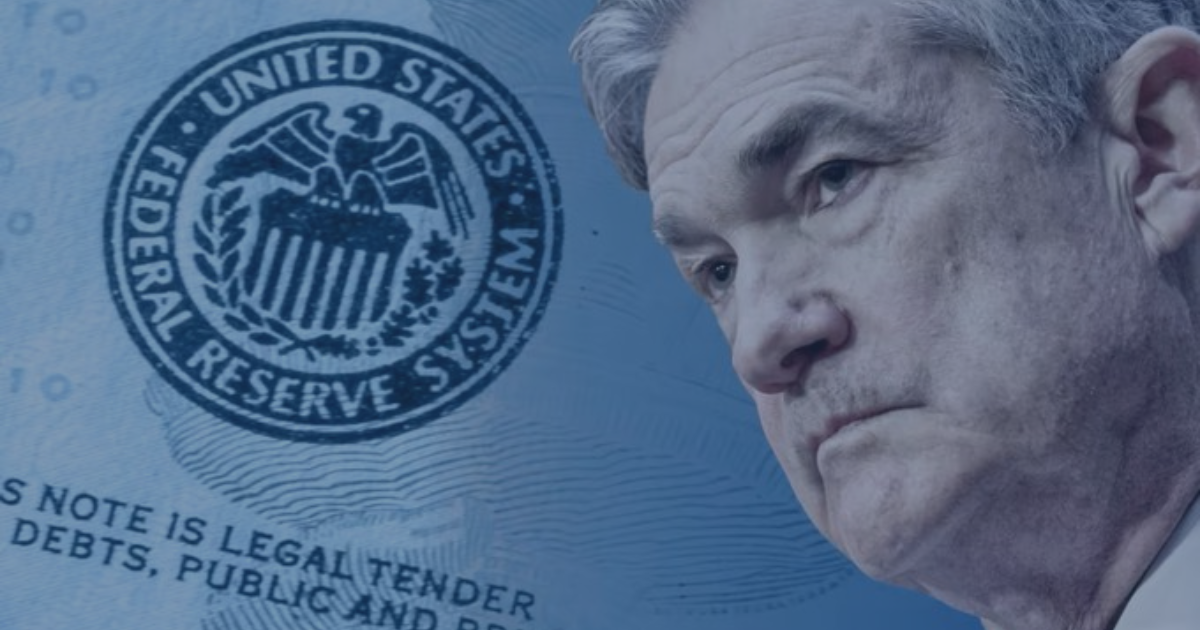When it comes to managing the nation’s economy, the Federal Reserve plays a pivotal role. As the central banking system of the United States, the Federal Reserve’s policies and actions significantly influence the financial landscape and impact the lives of millions of individuals and businesses. Understanding the workings of the Federal Reserve and its implications on your finances is essential for making informed financial decisions. In this blog, we’ll explore how the Federal Reserve affects your finances and why its actions matter to you.
The Role of the Federal Reserve
The Federal Reserve, often referred to as the Fed, was established in 1913 to stabilize and regulate the nation’s financial system. Its primary objectives include controlling inflation, maximizing employment, and promoting stable economic growth. To achieve these goals, the Fed utilizes various tools, such as setting interest rates, open market operations, and influencing reserve requirements for banks.
Interest Rates and Your Borrowing Costs
One of the most direct ways the Federal Reserve impacts your finances is through its control of interest rates. The Fed uses the federal funds rate, which is the rate banks charge each other for overnight lending, as a key tool for monetary policy. When the economy is growing too fast, and inflation becomes a concern, the Fed may raise interest rates to cool down spending and borrowing. Conversely, when economic growth is sluggish, the Fed may lower interest rates to stimulate borrowing and spending.How does this affect you? Well, changes in interest rates have a domino effect on various aspects of your finances. When interest rates rise, borrowing costs increase. Whether you’re looking to buy a house, finance a car, or take out a personal loan, higher interest rates mean you’ll be paying more in interest over the life of the loan. On the other hand, lower interest rates can make borrowing more affordable and potentially lead to increased consumer spending and investment.
Impact on Savings and Investments
While lower interest rates may make borrowing more attractive, they often result in lower yields on savings accounts and other fixed-income investments. This is because banks and other financial institutions adjust their interest rates in response to the Fed’s actions. Consequently, savers and retirees relying on interest income may find their returns diminished, potentially impacting their financial planning and retirement goals. Moreover, the Federal Reserve’s monetary policies also influence the performance of the stock market. When interest rates are low, investors may seek higher returns in the stock market, leading to increased demand for stocks. As a result, stock prices may rise, benefiting those with investments in equities. Conversely, higher interest rates could dampen enthusiasm for stocks and lead to increased volatility in the market.
Inflation and Purchasing Power
The Federal Reserve closely monitors inflation, which refers to the general increase in prices of goods and services over time. Moderate inflation is considered healthy for the economy as it encourages spending and discourages hoarding cash. The Fed aims to maintain stable inflation at around 2% per year. However, when inflation rises too quickly, the purchasing power of your money decreases. This means your money won’t go as far, and you’ll need to spend more to purchase the same goods and services. Inflation can erode the value of savings and impact your ability to achieve long-term financial goals.
Employment and Income
The Federal Reserve’s monetary policies also have an impact on the job market and wages. By influencing interest rates and economic growth, the Fed can indirectly affect the level of employment in the country. When the economy is booming, companies may expand and hire more workers, potentially leading to lower unemployment rates and potentially higher wages. Conversely, during periods of economic downturn or recession, the Fed may implement measures to stimulate the economy and increase employment opportunities. However, the effectiveness of these policies may vary, and it might take time for the impacts to be felt on the ground.
In conclusion, the Federal Reserve’s actions and policies have far-reaching consequences on your personal finances and the overall economy. Through its control of interest rates, inflation, and monetary policy, the Fed influences borrowing costs, savings, investments, purchasing power, and employment opportunities.
As an individual, being aware of the Federal Reserve’s impact on your finances can help you make informed decisions about borrowing, saving, and investing. Additionally, understanding the broader economic implications can enable you to navigate through various financial challenges and opportunities.
It’s essential to stay informed about the Federal Reserve’s announcements and policy changes, as they can have significant and sometimes unexpected effects on your financial well-being. Keeping a close eye on economic indicators and seeking professional financial advice can help you adapt to changing economic conditions and build a more secure financial future.

